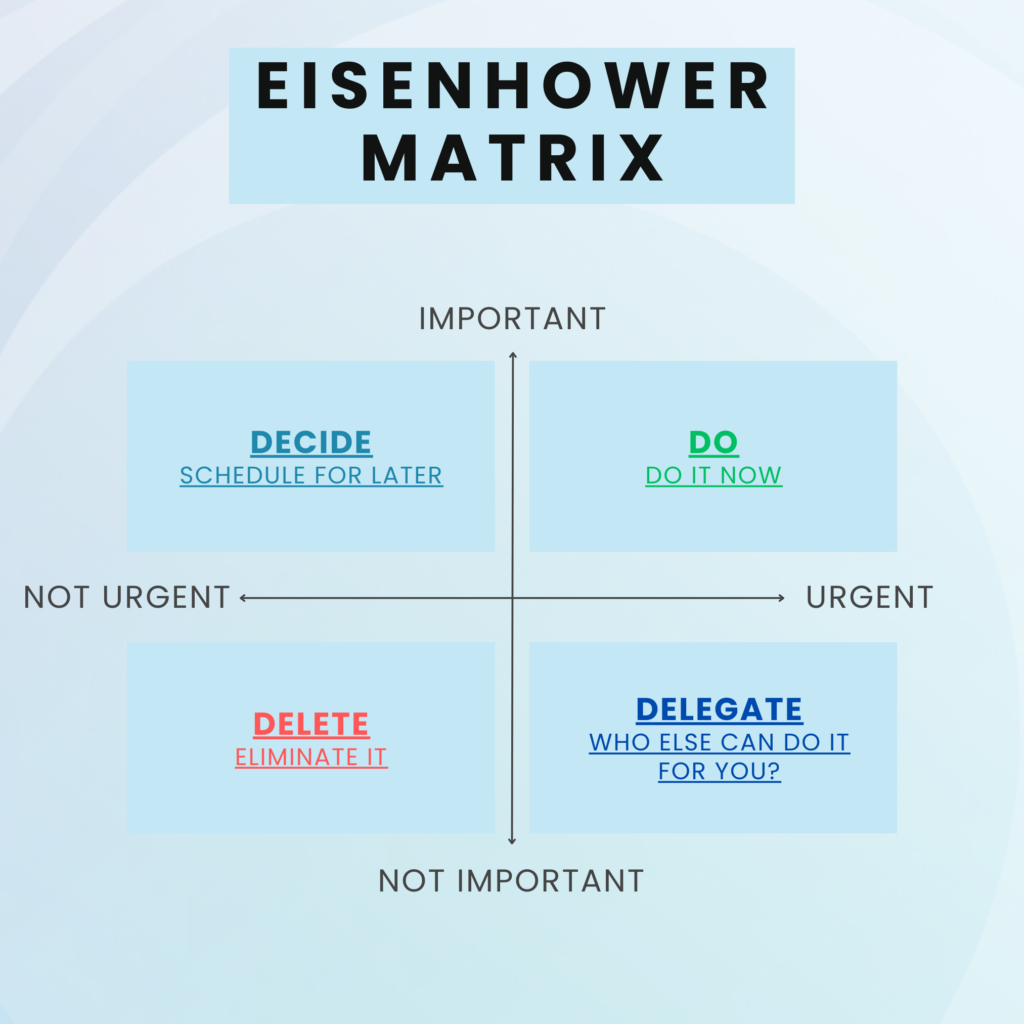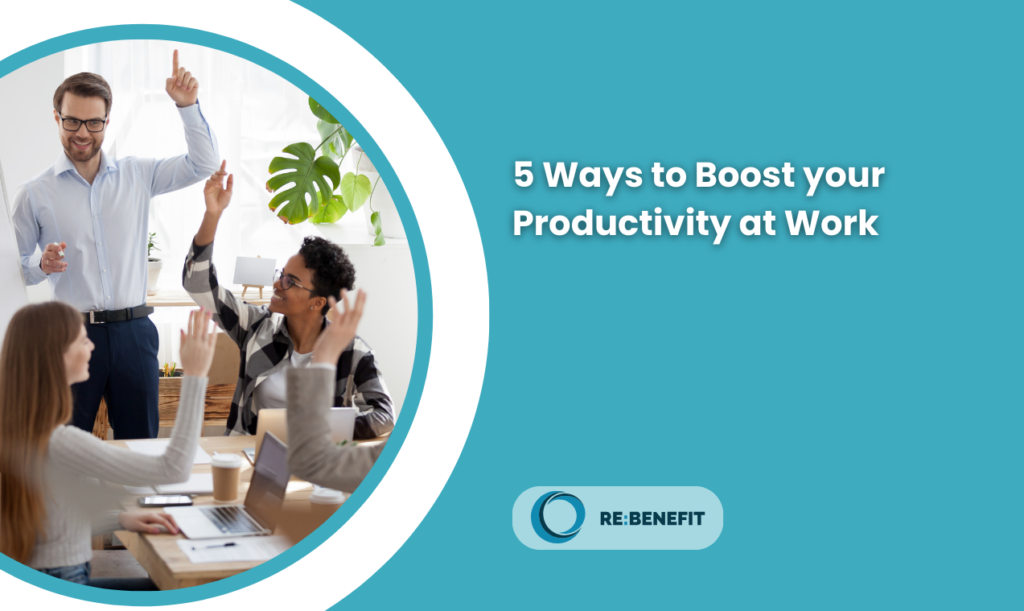In today’s fast-moving work world, being a successful employee is not just about showing up and doing your job on autopilot. To truly excel in your career, you need a well-thought-out plan and an effective way to get more done. Your productivity at work is the key to how far and how fast you can progress in your professional journey.
It is crucial to understand that there isn’t a universal formula for achieving high productivity. It is a process that takes time, patience to discover what works best for you. Whether you are concentrating on performance measurements, self-motivation, or maintaining your well-being, there are a range of methods to enhance your productivity. By cultivating the right mindset and using appropriate tools, you can navigate challenges more effectively and not only meet your objectives, but significantly elevate your work performance.
In this article, we will explore some valuable tips and strategies to help you unlock your full potential at work. Whether you are an experienced professional looking to fine-tune your skills or a newcomer seeking guidance, these insights will help you become more efficient.Read also: 5 Tips to Reduce Stress When Looking for a New Job
1.The Rule of Three & Eisenhower Matrix
This method involves categorizing the tasks into three groups: three urgent tasks (top priorities), three daily goals, and three “orbital” tasks. This system streamlines your work, preventing an overwhelming to-do list.
For example, an employee’s daily routine can begin with three urgent tasks: finalizing a client proposal, addressing an urgent inquiry, and preparing for a key meeting. These are the day’s top priorities. Next, they set three daily goals, such as completing a project milestone, preparing a progress report, and conducting a departmental review. They also identify three orbital tasks like organizing their workspace and brainstorming project ideas, contributing to overall efficiency.
When task prioritization becomes challenging, consider the Eisenhower Matrix, a valuable tool dating back to the 1900s. It helps identify long-term priorities by emphasizing task urgency. The matrix allows you to categorize tasks to determine top priorities, delegate, and eliminate.
Below is a visualization of the matrix:

2. Digital cleansing
Digital cleansing of your online activities plays a pivotal role in improving your work efficiency and enhancing your clarity of thought. Much like tidying up your physical space makes it easier to locate things, digital cleansing simplifies your online life, allowing you to concentrate more effectively and reduce the feelings of being overwhelmed.
Simple actions, such as keeping your phone out of sight, can significantly help. In addition to these practices, several other practical habits contribute to digital cleansing:
- Efficient email management, featuring a well-structured filing system and subscriptions to only relevant work-related emails, is crucial. Tools like Hey.com offer a fresh perspective on email management.
- Regularly updating and maintaining your work calendar by rescheduling or removing irrelevant meetings and events is another integral component.
- Incorporating distraction checks, which include blocking unessential websites and apps during work hours, along with using an ad blocker (https://adblockplus.org/ ), are vital steps.
- Furthermore, updating your digital workspace, such as organizing your Downloads folder and emptying the bin, and defining clear communication boundaries that specify designated hours for responding to work-related emails and messages all contribute to overall well-being in the digital age.
3. Prioritize healthy habits and take advantage of your employer’s wellness and other additional benefits
Productivity is not only defined by what you do during the workday, but your activities outside of work play a significant role. Maintaining healthy habits might sound like a challenge, but even minor changes can have a profound impact on your energy levels, focus, and overall mood.
Consider incorporating simple habits like drinking a full glass of water before your morning coffee, setting hourly timers to stand up and stretch, or adjusting your bedtime to secure even an extra half-hour of sleep. Additionally, remember to take regular breaks, as studies reveal that this can enhance productivity. For those who get absorbed in their work, techniques like the Pomodoro Technique can be incredibly useful, prompting you to take a five-minute break after every 25 minutes of work.
Pay attention to the benefits of wellness programs provided by your company. These programs encompass both physical and mental health, with positive effects on productivity. As an illustration, in Bulgaria, in Serbia or in Turkey, top employers now offer access to platforms like Re:benefit, which provides flexible corporate benefits to employees, fostering a healthier work-life balance and ultimately enhancing productivity.
With Re:benefit, you have the freedom to personalize your benefit packages according to your unique needs. Whether you are looking to access health and fitness programs, seize educational opportunities, or seek support for your mental well-being, the flexibility provided by this platform empowers you to strike a healthier balance between work and life while reducing stress. When you have the resources and support to nurture your physical and mental health, it translates into increased engagement, focus, and energy in your work.
4. Enhance your workspace
Having a tidy and well-organized workspace is a big help for staying productive, especially if you are working from home. A clean workspace, whether at home or in the office, can reduce distractions and help you stay focused. When you clear away clutter like pens, papers, and other stuff from your desk, it creates a suitable environment for work. Also, placing your workspace near a window where you get natural light not only improves your mood but also makes you work better. You can use the space above your desk for handwritten to-do lists and whiteboards to be more organized. Also, get some ergonomic desk accessories like a comfy chair, cushion, or wrist rest to help your body feel good. Adding a plant to your workspace can also help you think faster, as a study by Horticultural Research Institute found.Besides these physical changes, you can also use tools like password managers, like Dashlane and 1Password, templates, and centralized project management platforms to make your digital workspace more organized.
5. Distraction Control
To maintain productivity, it is essential to combat distractions. These interruptions can come in two forms: self-imposed and environmentally imposed distractions. The first category includes distractions we have control over, like the notifications constantly popping up on our devices. The second category is interruptions that are harder to manage, such as colleagues dropping by our workspace. It is not just the distraction itself that is problematic; it is the time and effort needed to regain focus, often taking up to 23 minutes, as research suggests. While it is challenging to eliminate distractions, there are effective ways to reduce them.
One method is to close your email tab or set up an auto responder to signal that you are unavailable. You can also switch your phone and instant messaging apps to “do not disturb” mode. For online distractions, consider using a browser blocker like StayFocusd, which prevents you from accessing time-wasting websites during work hours. To shield yourself from environmental distractions, wearing headphones can help block out surrounding noise. These strategies, when implemented, can help you regain control of your work environment and minimize the impact of distractions on your productivity.
In conclusion, by following these tips, you can significantly increase your productivity at work. However, it is equally essential to be part of an organisation that values your well-being and engagement. Some research, like the study from Harvard Business Review, underscores the direct link between productivity and the level of appreciation and motivation employees receive. Employees tend to work harder and remain more focused when they feel their efforts are acknowledged and valued. The more attention and interest you can capture from your team, the better chance you have at enhancing productivity and achieving collective success.
